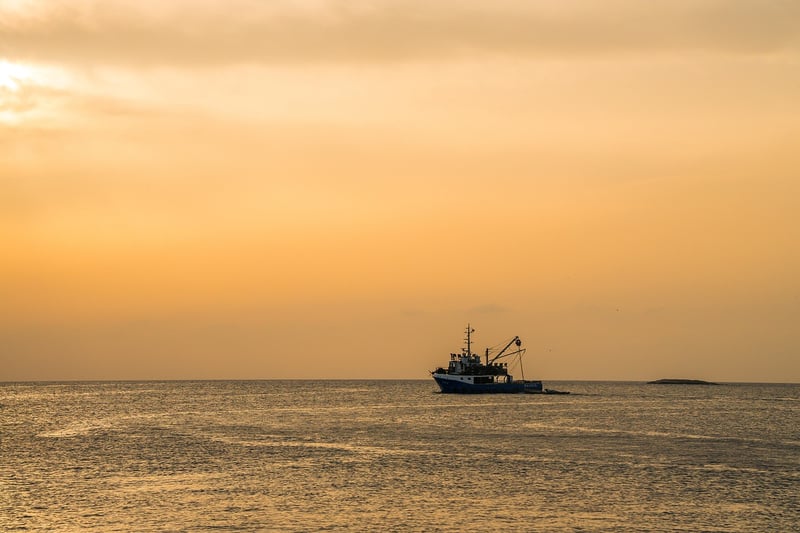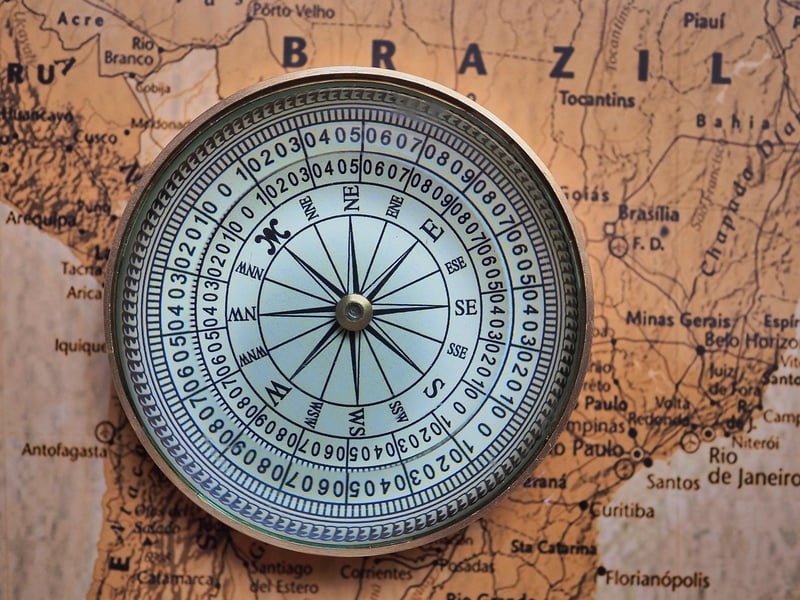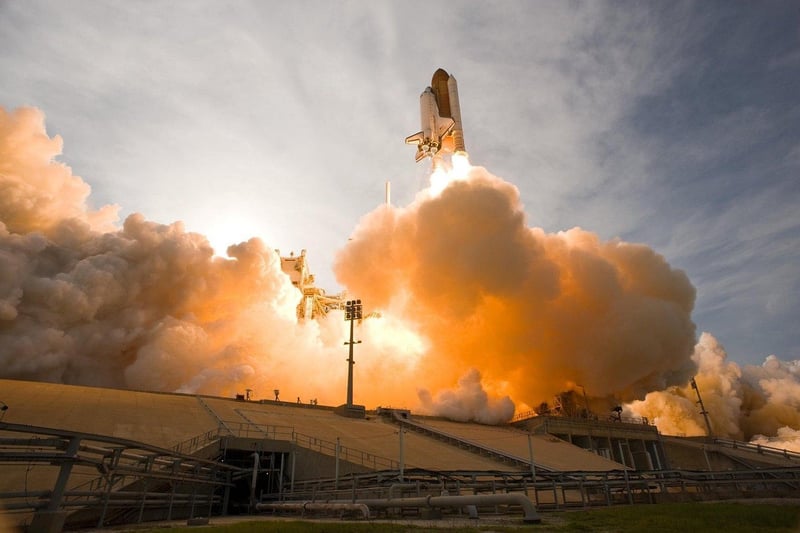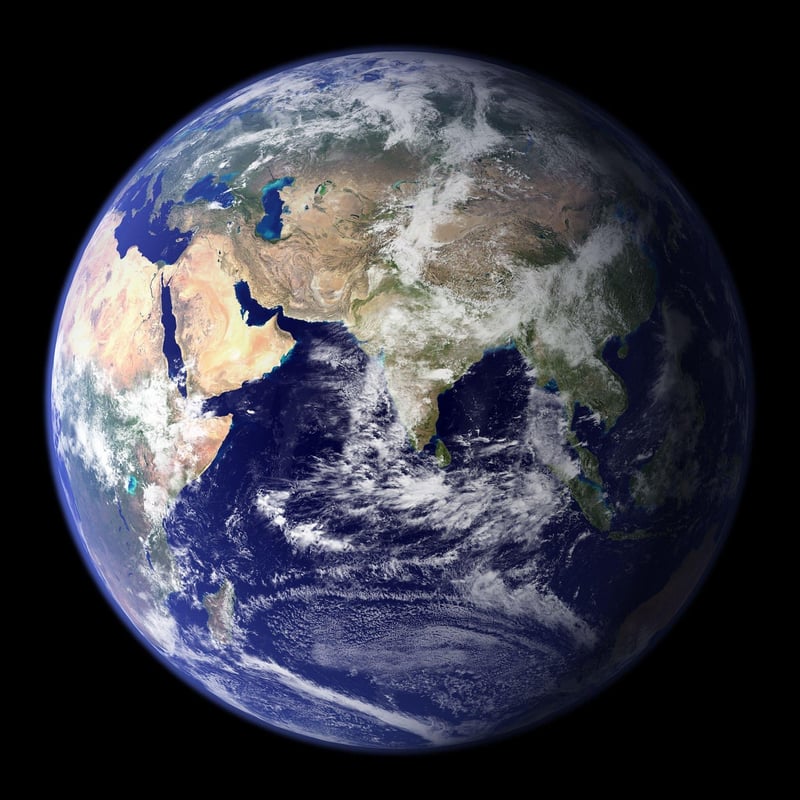Future Explorations
Exploring Different Eras and Future Explorations
The Past: Ancient Explorers
In ancient times, exploration was driven by a thirst for discovery and conquest. From the Phoenician sailors navigating the Mediterranean to the Viking adventurers crossing the seas, ancient explorers pushed the boundaries of known lands.

The Age of Discovery
The Age of Discovery saw European explorers like Christopher Columbus, Vasco da Gama, and Ferdinand Magellan setting sail to find new trade routes and lands. This era marked significant advancements in navigation and cartography.

Modern Exploration
Exploration in the modern era expanded to include space exploration, deep-sea diving, and polar expeditions. Pioneers like Neil Armstrong, Jacques Cousteau, and Roald Amundsen pushed the boundaries of human knowledge and endurance.

Future Frontiers
As we look to the future, exploration continues to evolve with a focus on outer space, deep-sea exploration, and sustainable living on Mars. Projects like SpaceX's Mars missions and deep-sea submersibles are paving the way for new discoveries.

Key Takeaways:
- Ancient explorers paved the way for future discoveries through their courage and curiosity.
- The Age of Discovery marked a period of significant advancements in navigation and global connectivity.
- Modern explorers have ventured into space, the deep sea, and other extreme environments to expand our understanding of the world.
- The future of exploration holds exciting possibilities with a focus on outer space and sustainable living on other planets.
Exploration is a fundamental aspect of human nature, driving us to seek out the unknown and expand our horizons. From ancient seafarers to modern astronauts, the spirit of exploration continues to inspire us to reach for new frontiers.
